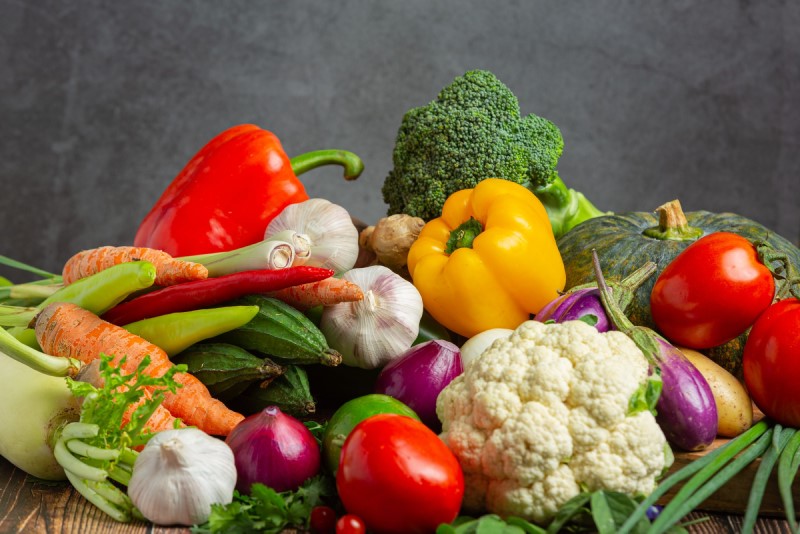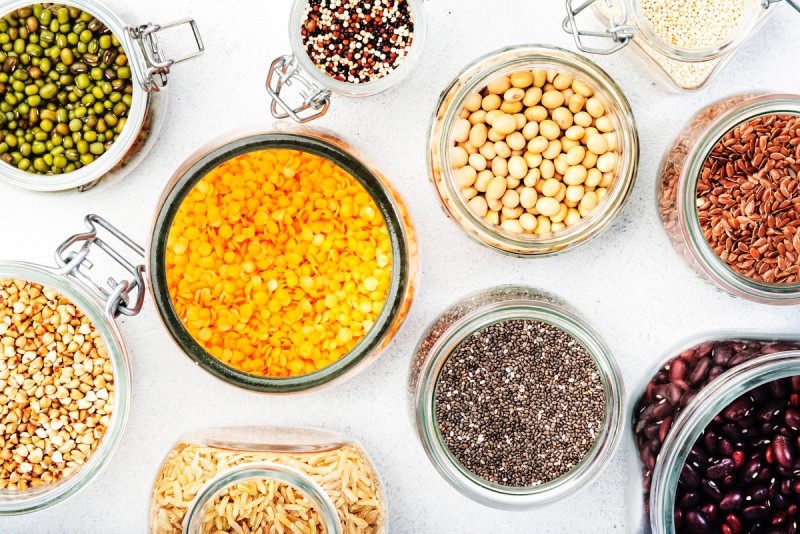Nonalcoholic steatohepatitis (NASH) is a type of liver disease characterized by the accumulation of fat in the liver. While the exact cause of NASH is unknown, lifestyle and dietary factors can contribute to the development of the condition. A healthy diet is crucial for managing NASH and preventing its progression to more serious liver disease, such as cirrhosis or liver cancer.
To maintain a healthy liver, it is essential to avoid or limit certain foods and drinks. One major culprit is added sugars, which are found in sugary drinks, candy, baked goods, and other processed foods. Excessive consumption of added sugars has been linked to increased liver fat and inflammation, which can exacerbate NASH.
Another food group to avoid is saturated and trans fats, which are found in fried foods, red meat, and dairy products. These fats can also contribute to liver inflammation and increase the risk of developing liver disease. Instead, focus on consuming healthy fats, such as those found in fish, nuts, and olive oil, which have anti-inflammatory properties and can benefit liver health.
Alcohol is another substance that can contribute to liver damage, especially in those with NASH. Even moderate alcohol consumption can exacerbate liver inflammation and fat accumulation, so it is best to avoid it altogether.
Processed foods and refined carbohydrates, such as white bread, pasta, and rice, should also be limited in the diet. These foods can cause spikes in blood sugar levels and contribute to insulin resistance, which can worsen liver inflammation and fat accumulation.
Finally, it is important to limit the intake of salt, as excessive consumption can lead to fluid retention and increase blood pressure. High blood pressure can contribute to the development of liver disease, so it is essential to maintain a healthy blood pressure level.
In summary, avoiding or limiting added sugars, saturated and trans fats, alcohol, processed foods, refined carbohydrates, and salt can help maintain a healthy liver and prevent the progression of NASH to more serious liver disease. Instead, focus on consuming whole, nutrient-dense foods, such as fruits, vegetables, whole grains, lean protein, and healthy fats, to promote liver health.
“DietSensor NASH” for iOS (download here) is a nutrition coaching app specialized in Nash to help patients affected by the disease tackle and if possible reverse it. It provides daily guidance, meal plans, a meal generator to match your preferences, nutrition education, macronutrient tracking, and a chat with a dietitian. It starts at the price of $49 to make sure anybody has access to its science-backed content.
References:
National Institute of Diabetes and Digestive and Kidney Diseases. Eating, Diet, & Nutrition for NAFLD & NASH. Retrieved from https://www.niddk.nih.gov/health-information/liver-disease/nafld-nash/eating-diet-nutrition
SingleCare. Fatty Liver Diet: Foods to Eat and Avoid. Retrieved from https://www.singlecare.com/blog/fatty-liver-diet/
Healthline. The Best Diet for Liver Cirrhosis: Foods to Eat and Avoid. Retrieved from https://www.healthline.com/nutrition/liver-cirrhosis-diet#how-to-follow
Medical News Today. NASH Diet: What to Eat and Avoid. Retrieved from https://www.medicalnewstoday.com/articles/nash-diet




